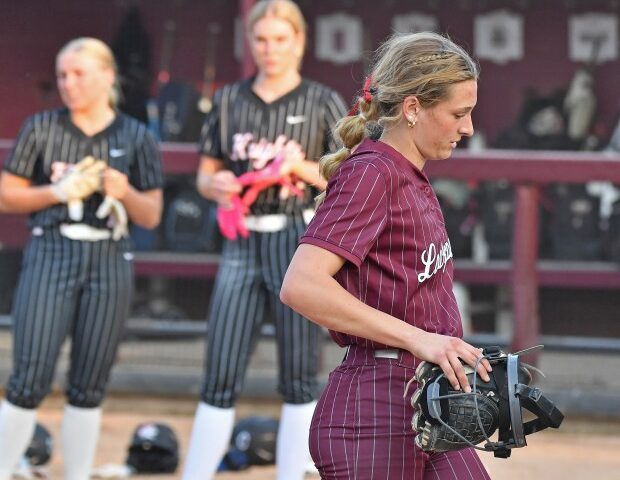The Oswego Village Board recently authorized the approval of four agreements to formally join the DuPage Water Commission as part of the process to switch to Lake Michigan as the source for the village’s drinking water in the future.
Oswego, Yorkville and Montgomery decided in mid-December 2021 to change from relying on well water to Lake Michigan water via a connection through the DuPage Water Commission.
The agreements specify terms for the water purchase, sale contract, financing, connection facilities and a capital cost recovery charge or buy-in to the DuPage Water Commission, village officials said.
Under the agreements, Oswego, Montgomery and Yorkville are required to pay their respective buy-in costs along with their proportional share of extending the DuPage Water Commission system to Kendall County. The three communities will establish an escrow account to ensure that funds are available to pay for the full cost of the necessary infrastructure.
The escrow account also provides that the DuPage Water Commission will make available a line of credit up to $7 million for each community should there be a need for emergency or bridge financing, village officials said.
In addition, the DuPage Water Commission has offered to provide a no-interest loan to Oswego to pay for the $11 million capital cost recovery charge, which is the required buy-in to join the group. As an alternative, the agreement allows Oswego to contribute to the upsizing of the transition main to serve future customers, offsetting the DuPage Water Commission buy-in cost, village officials said.
“These agreements mark a significant step forward for the village of Oswego to connect with a sustainable water source,” Oswego Village President Ryan Kauffman said in a statement.
“This project reflects our commitment to investing in infrastructure that will allow us to better serve the community. I’m proud of the collaborative efforts that made it possible,” Kauffman said.
The approval of the agreements is a move 10 years in the making, Oswego Village Administrator Dan Di Santo told trustees.
“Since 2014 the village has been on notice from the Illinois State Water Survey that the aquifers are depleting and not replenishing,” Di Santo said.
By 2033 the village’s wells will be in “significant decline” causing “inoperability of our well system,” Di Santo said.
“We have known for the past 10 years that we needed to find an alternative water source,” he added.
The village continues to look for ways to offset the cost of the project, which include federal grants and low-interest loans as well as continued revenue from the village’s real estate transfer tax, officials said. Oswego residents in 2022 approved a referendum question to implement a real estate transfer tax dedicated to funding water-related improvements.
Linda Girardi is a freelance reporter for The Beacon-News.





